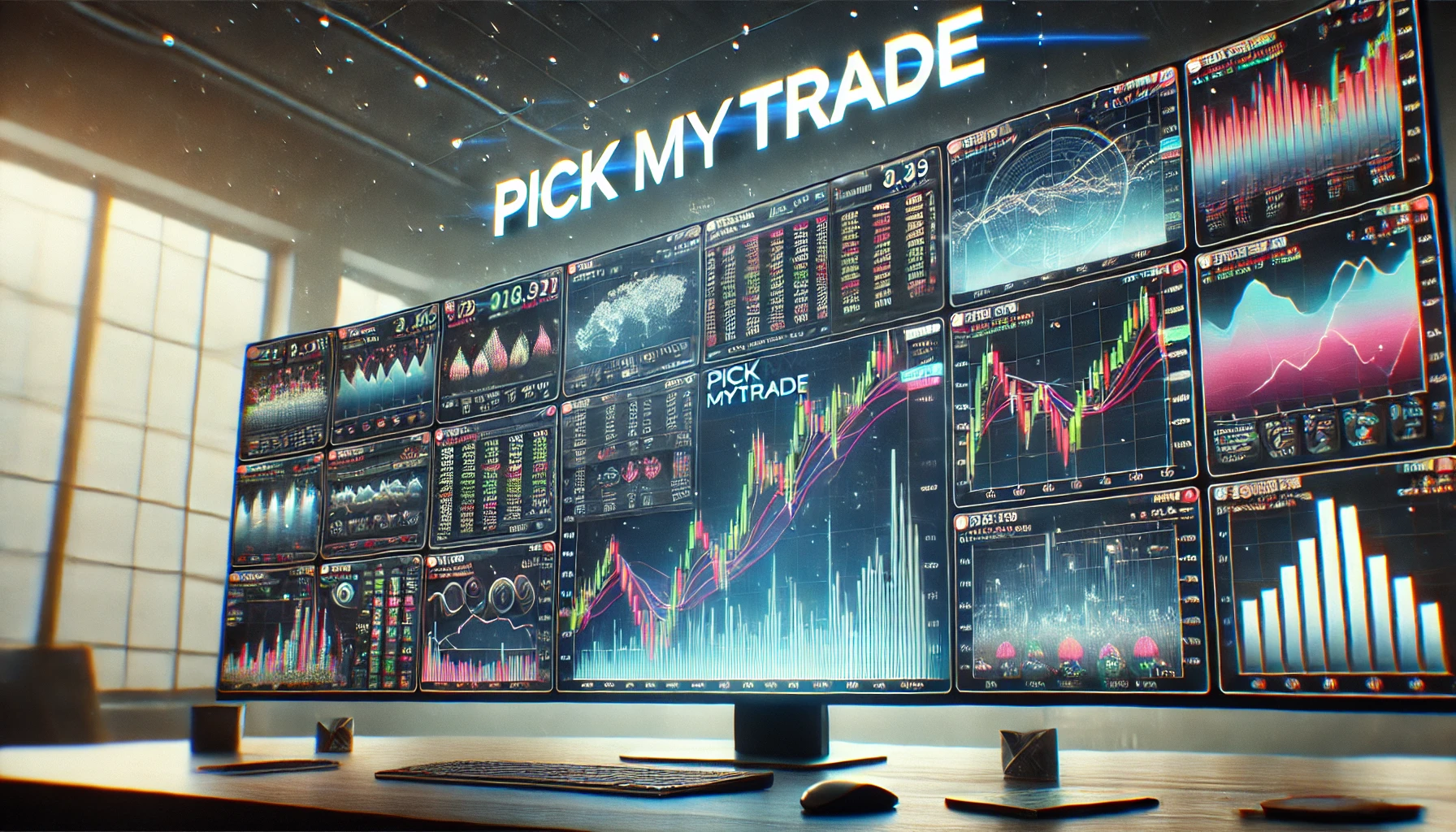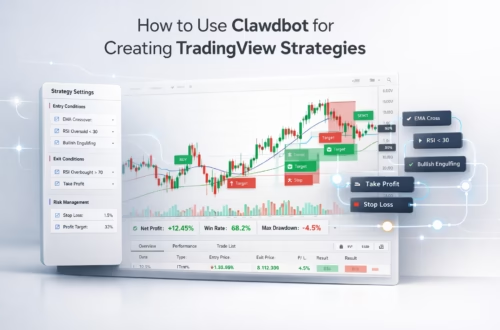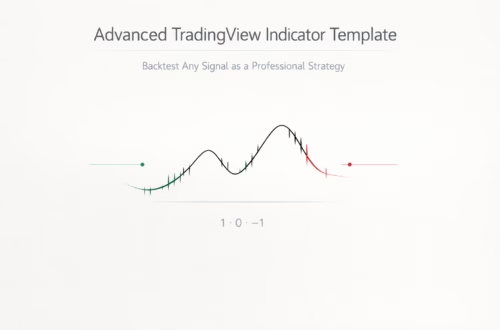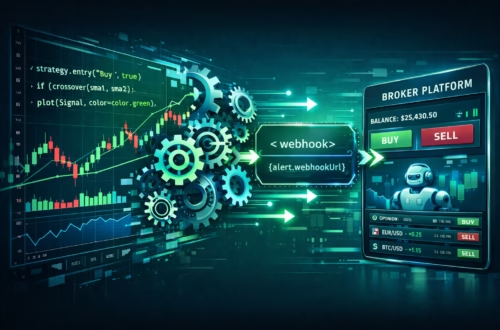Futures trading is an exciting and dynamic way to engage with various financial markets. If you’re looking to explore this avenue, there’s no better time than now to get started with PickMyTrade. This blog will delve into the essentials of futures trading, offering insights into its history, benefits, and how you can begin trading today.
The History of Futures Contracts
Futures contracts have a rich history that dates back to the early 18th century. Initially created as a safeguard for farmers, these contracts allowed them to lock in prices for their crops before harvest. This practice ensured that farmers could predict their financial outcomes despite market fluctuations. The very first futures exchange can be traced back to 1730, marking the inception of futures as a cornerstone of the global financial system.
Over the years, the role of futures contracts has evolved significantly. While they began as a tool for farmers, today, they are widely traded as speculative products across various markets. This shift highlights how futures have adapted to meet the needs of modern traders and investors.
What Are Futures?
Futures are financial contracts that obligate the buyer to purchase, and the seller to sell, an asset at a predetermined future date and price. These contracts derive their value from the underlying asset they represent, which can include a vast array of markets such as stock indexes, energy products like oil and gas, agricultural commodities like wheat, cryptocurrencies like Bitcoin, and precious metals like gold.
The diversity of futures allows traders to engage with multiple asset classes, making it an attractive option for those looking to expand their investment horizons.
The Benefits of Trading Futures
Trading futures offers several unique advantages that set it apart from other asset classes. Here are some key benefits to consider:
- Diversification: Futures allow you to trade a wide range of assets, from stock indexes to commodities like orange juice.
- Flexibility: Traders can quickly go long or short based on market outlooks by simply buying or selling contracts.
- Accessibility: Unlike stocks, there are no high minimum balance requirements for day trading futures.
- Variety of Contract Sizes: Futures come in various sizes, including mini contracts that cater specifically to individual traders.
- Leverage: Futures are traded on margin, allowing traders to control larger positions with a smaller initial capital outlay.
- Hedging: Futures can be used as a form of insurance against price fluctuations in underlying assets.
- Extended Trading Hours: Futures markets are open nearly 24 hours a day, providing ample opportunities for traders.
- Regulation: Futures are regulated and traded on exchanges, ensuring transparency and reducing risks associated with hidden liquidity.
Diversify Your Portfolio
One of the most appealing aspects of futures trading is the ability to diversify across multiple asset classes. Traders can explore opportunities in stock indexes, commodities, and currencies, among others. This diversification helps in managing risk and potentially enhancing returns.
Flexibility in Trading
The ability to quickly buy or sell futures contracts allows traders to react to market changes immediately. This flexibility is crucial for capitalizing on short-term market movements, making it an attractive option for active traders.
Understanding Leverage in Futures Trading
Leverage is a key component of futures trading that can significantly enhance your buying power. When trading futures, you are essentially using borrowed capital to control larger positions with a smaller amount of money. This can lead to higher profits, but it also comes with increased risk.
For example, if you have a margin requirement of 10%, you can control a $10,000 futures contract with just $1,000. However, while leverage can amplify gains, it can also magnify losses, making it essential for traders to manage their risk effectively.
Using Futures for Hedging
Hedging is a common strategy employed by traders to protect against adverse price movements in their assets. Futures contracts can serve as a form of insurance. For instance, if you own Bitcoin and anticipate a decline in its price, you can sell Bitcoin futures contracts. If the price does fall, the profits from the futures contracts can offset your losses on the underlying asset.
This concept of insurance through futures is rooted in their historical purpose, providing a safety net for traders against unpredictable market conditions.
Trading Round the Clock
Futures markets operate nearly 24 hours a day, allowing traders to seek opportunities at almost any time. This continuous trading is particularly beneficial for those looking to react to news and events that may impact market prices outside regular trading hours.
For instance, if a major technology company reports earnings after the market closes, futures on related stock indexes continue to trade. This creates additional opportunities for traders to position themselves based on anticipated market reactions.
Regulation and Transparency in Futures Trading
Futures are highly regulated financial instruments, trading on established exchanges. This regulation helps ensure that traders can trust the prices they see, as they represent the actual market value without hidden liquidity issues. The transparency of futures trading is a significant advantage, as it mitigates the risks associated with price discrepancies that may occur in less regulated markets.
Getting Started with PickMyTrade
Ready to dive into the world of futures trading? Getting started is easier than you might think. With PickMyTrade, you have access to a user-friendly platform that simplifies the process of trading futures. Here’s how to begin:
- Sign Up: Create an account on the PickMyTrade platform.
- Fund Your Account: Deposit funds to meet the margin requirements for trading futures.
- Choose Your Futures: Explore the various futures contracts available for trading.
- Start Trading: Execute your trades based on your market analysis and strategy.
PickMyTrade provides the tools and resources you need to navigate the futures market confidently. Whether you are a novice or an experienced trader, you can find the right fit for your trading style.
FAQs about Futures Trading
What is a futures contract?
A futures contract is a legal agreement to buy or sell an asset at a predetermined price at a specified time in the future.
How does leverage work in futures trading?
Leverage allows traders to control larger positions with a smaller amount of capital. It amplifies both potential gains and losses.
Can I use futures to hedge my investments?
Yes, futures can be used as a hedging tool to protect against adverse price movements in your investments.
What are the risks associated with futures trading?
Futures trading carries risks, including the potential for significant losses due to leverage and market volatility. Proper risk management strategies are essential.
How can I start trading futures with PickMyTrade?
Simply sign up for an account, fund it, and explore the various futures contracts available on the PickMyTrade platform.
Conclusion
Futures trading offers a unique opportunity for traders to diversify their portfolios and engage with various markets. With the historical significance, benefits, and the ability to trade round the clock, it’s an exciting venture for those willing to learn. By utilizing PickMyTrade, you can start your futures trading journey with confidence. Don’t miss out on the opportunities that lie ahead!



